Introduction: Embracing the Colors of Pohela Falgun
Pohela Falgun, the first day of spring, heralds a new beginning filled with colors, warmth, and joy in the heart of Bangladesh. This vibrant festival marks the end of the gloomy winter months and welcomes the season of blossoms with open arms. Let’s delve into the cultural richness and festivities surrounding Pohela Falgun.
Origins and Significance of Pohela Falgun
Pohela Falgun, derived from Bengali words “Pohela” meaning “first” and “Falgun” representing the 11th month of the Bengali calendar, holds deep cultural significance. It symbolizes the rejuvenation of nature, renewal of life, and the triumph of light over darkness. The festival also carries historical and mythological connotations, reflecting the diverse heritage of Bangladesh.
Traditions and Customs
Dressing in Vibrant Colors
One of the most enchanting aspects of Pohela Falgun is the riot of colors adorning the streets and people’s attire. It’s customary to dress in bright, lively hues like yellow, orange, and red, mirroring the vibrant blooms that characterize the season.
Floral Adornments and Ornate Decorations
Flowers play a central role in Pohela Falgun celebrations. Streets, homes, and public spaces are adorned with intricate floral arrangements, adding a touch of natural beauty to the festivities. Women often adorn their hair with flowers, further enhancing the festive ambiance.
Cultural Performances and Festivities
Pohela Falgun is a time for cultural extravaganza, with various events and performances held across Bangladesh. Music, dance, poetry recitations, and traditional dramas captivate audiences, showcasing the rich cultural heritage of the nation. It’s a time for communities to come together, share joyous moments, and strengthen bonds.
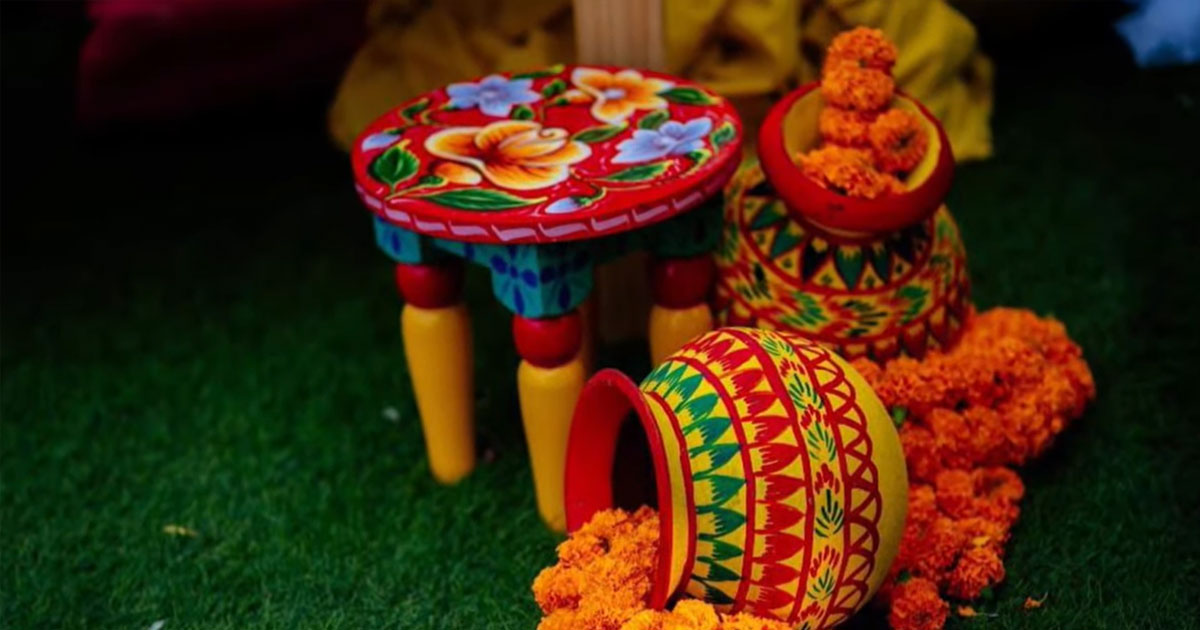
Traditional Foods and Delicacies
No festival in Bangladesh is complete without a delectable spread of traditional delicacies. Pohela Falgun is no exception, with households preparing mouthwatering dishes like pitha (rice cakes), doi (yogurt), and various sweet treats. Sharing these culinary delights with loved ones adds to the festive cheer.
Modern Celebrations and Outlook
While rooted in tradition, Pohela Falgun has evolved over the years, embracing modern interpretations and expressions. Social media platforms buzz with festive greetings, colorful selfies, and messages of hope and renewal. Younger generations actively participate in organizing events and promoting the cultural significance of the festival, ensuring its continuity for years to come.
Conclusion: Embracing the Spirit of Pohela Falgun
Pohela Falgun encapsulates the essence of spring—a time of renewal, hope, and boundless optimism. As Bangladesh bursts into a kaleidoscope of colors and festivities, the spirit of Pohela Falgun ignites hearts and minds, uniting communities in celebration. Let’s embrace the vibrancy and cultural richness of this cherished festival, spreading joy and goodwill as we welcome the arrival of spring.
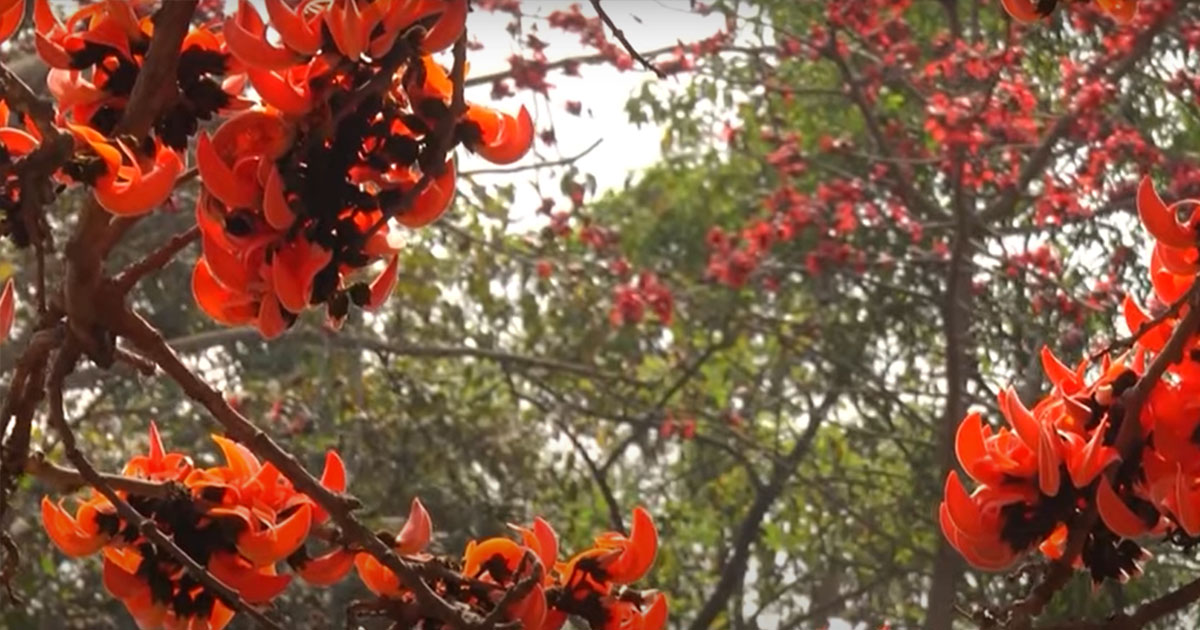
It is the first day of spring of Bengali month Falgun, of the Bengali calendar. After the dryness of winter new leaves start to come out again adorning the branches with colourful flowers such as Shimul, Polash and Marigold. Celebrated in Bangladesh, West Bengal and other Indian states, the 1st of Falgun usually falls on 13th February of the Gregorian Calender. This day is marked with colourful celebration and traditionally, women wear yellow saris with flower ornaments and men wear colourful panjabis to celebrate this day.


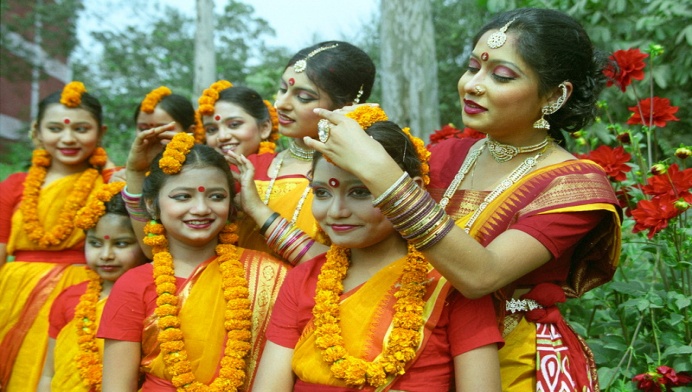
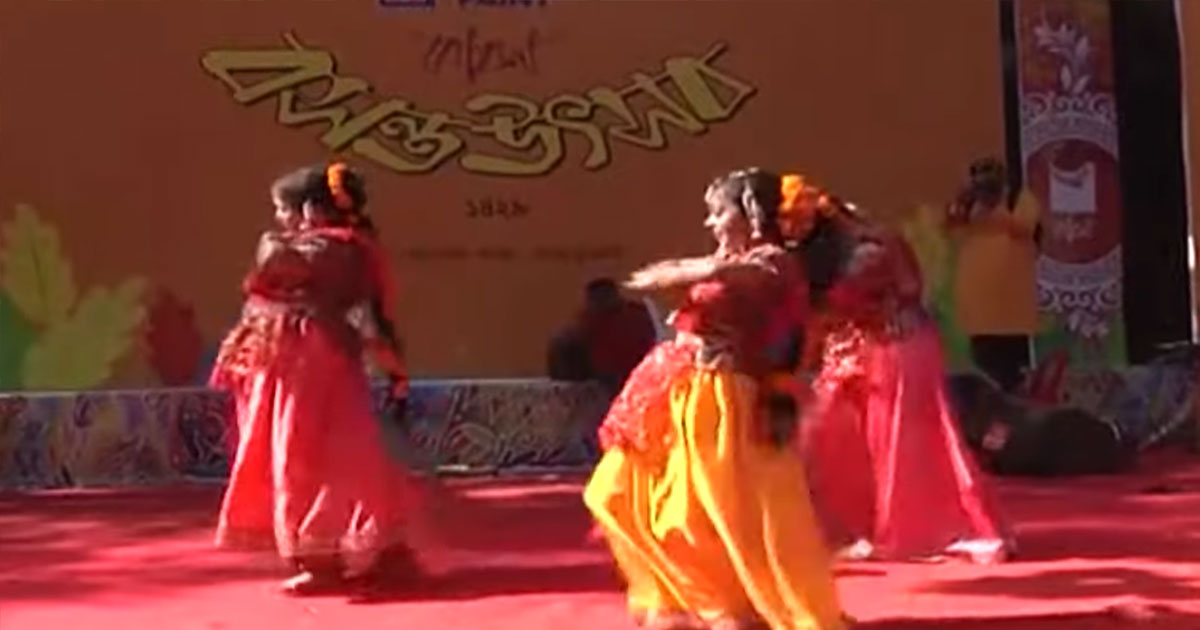
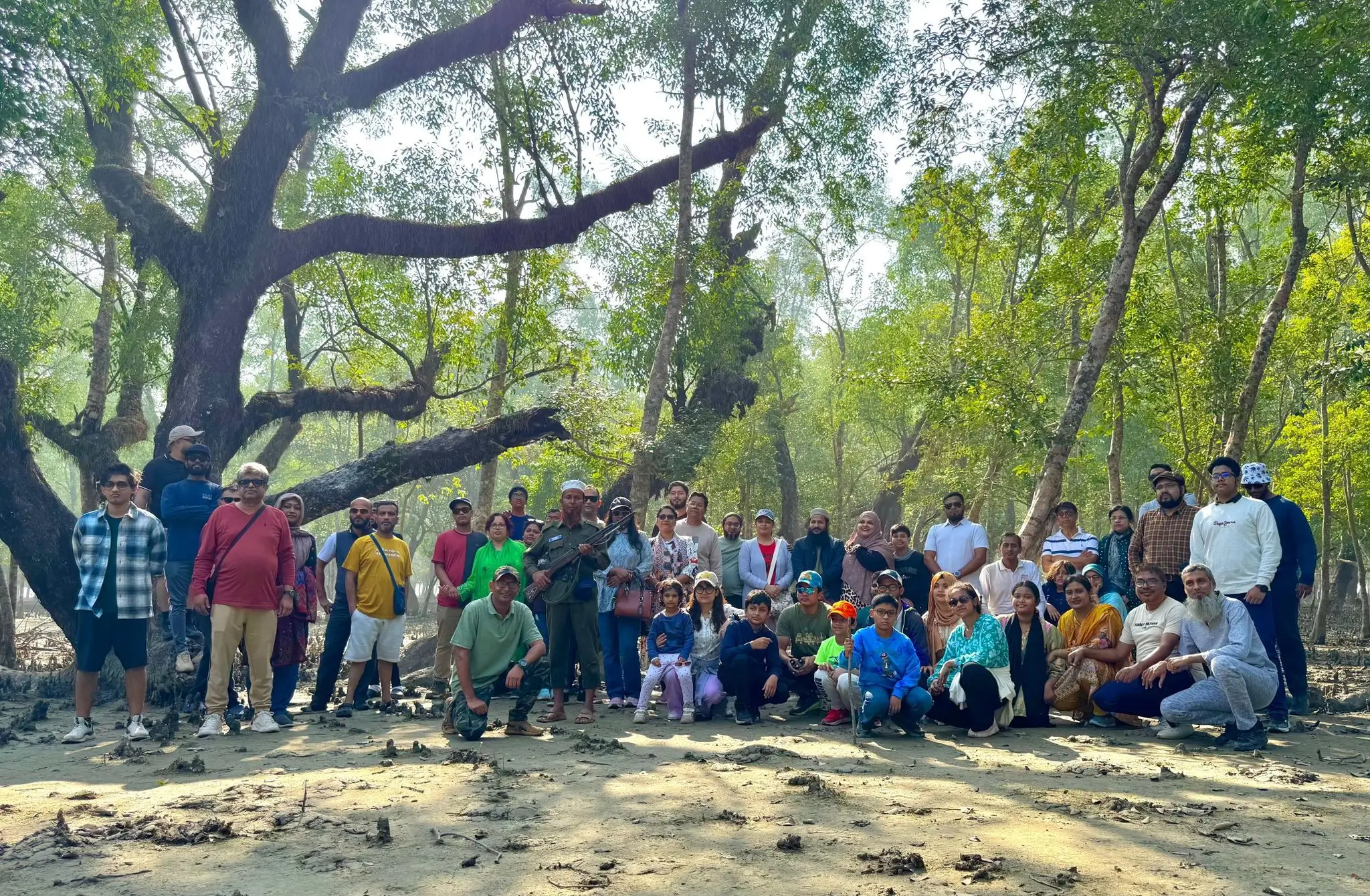
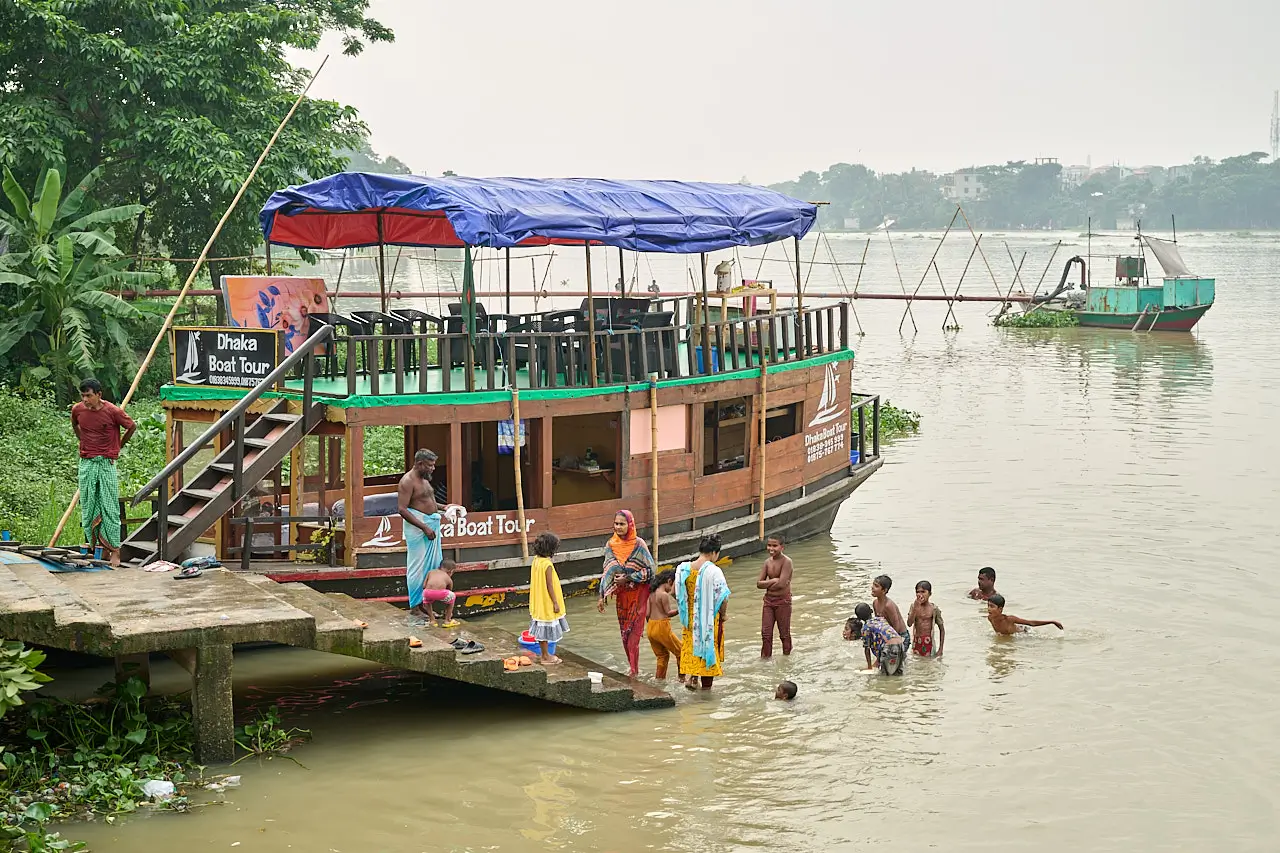
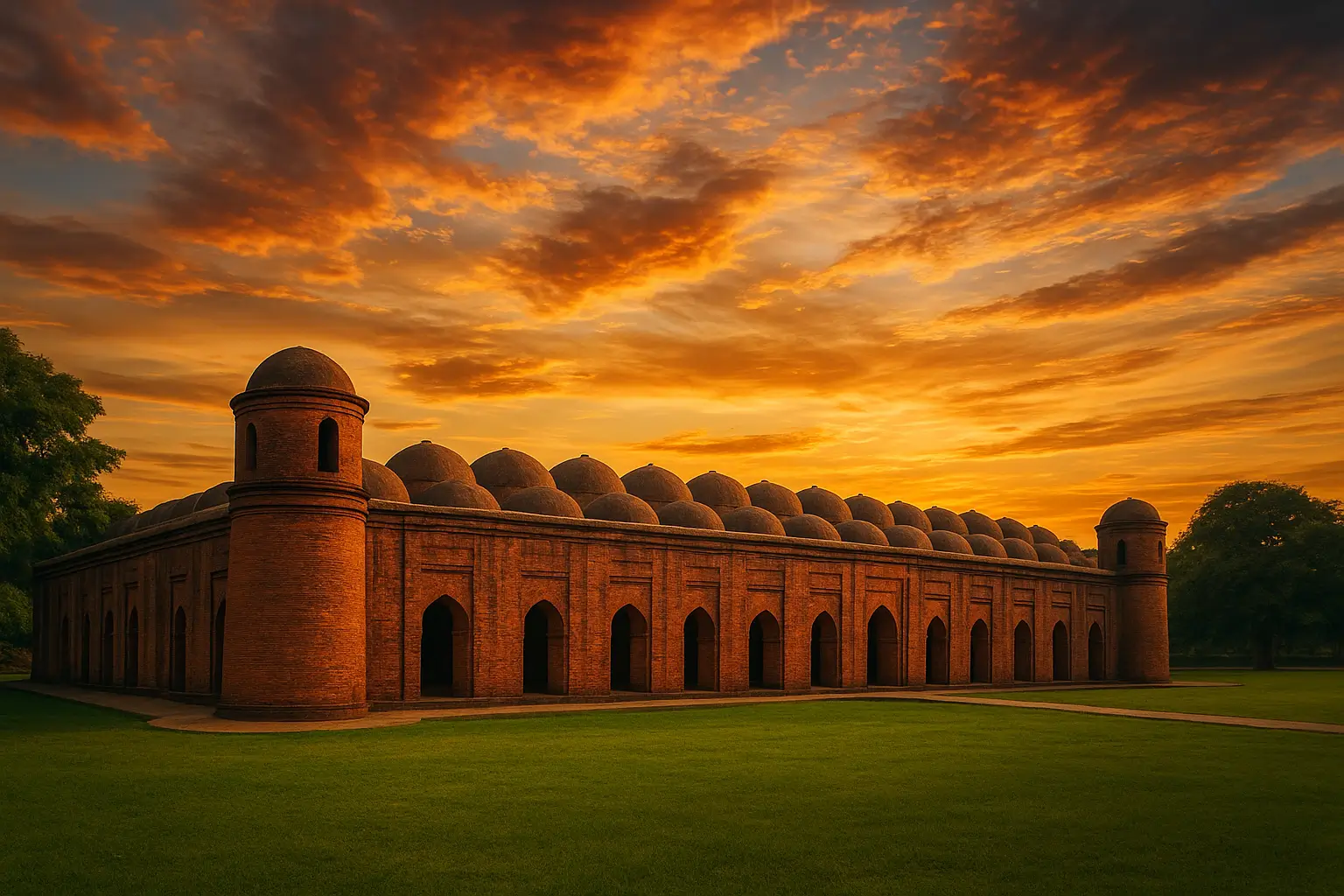
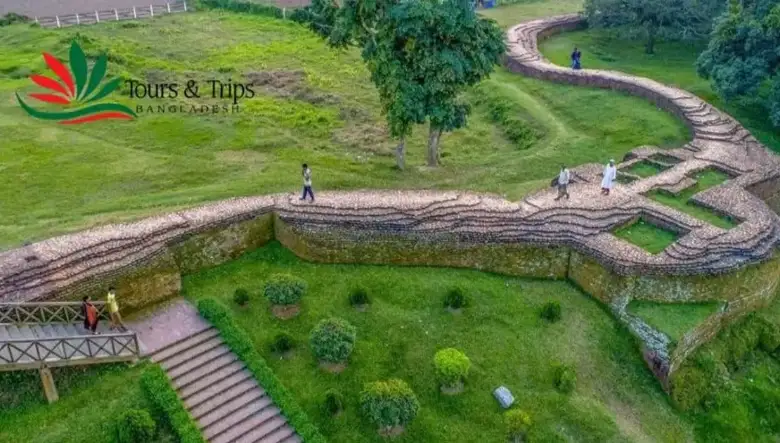




Comments